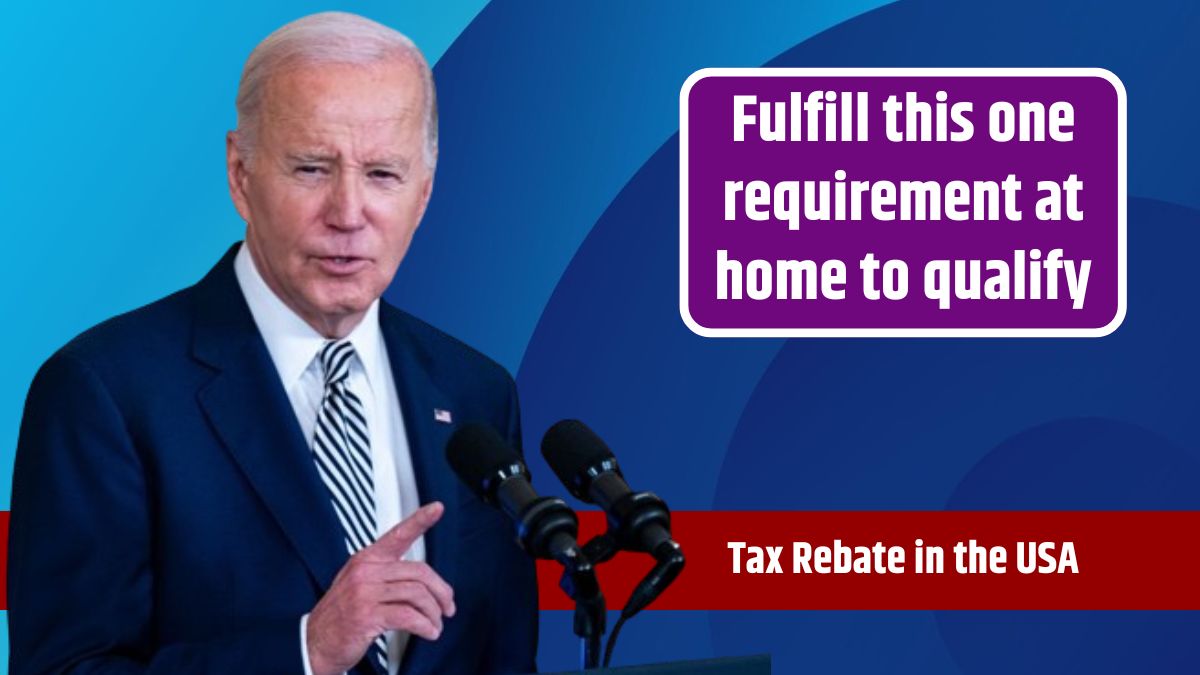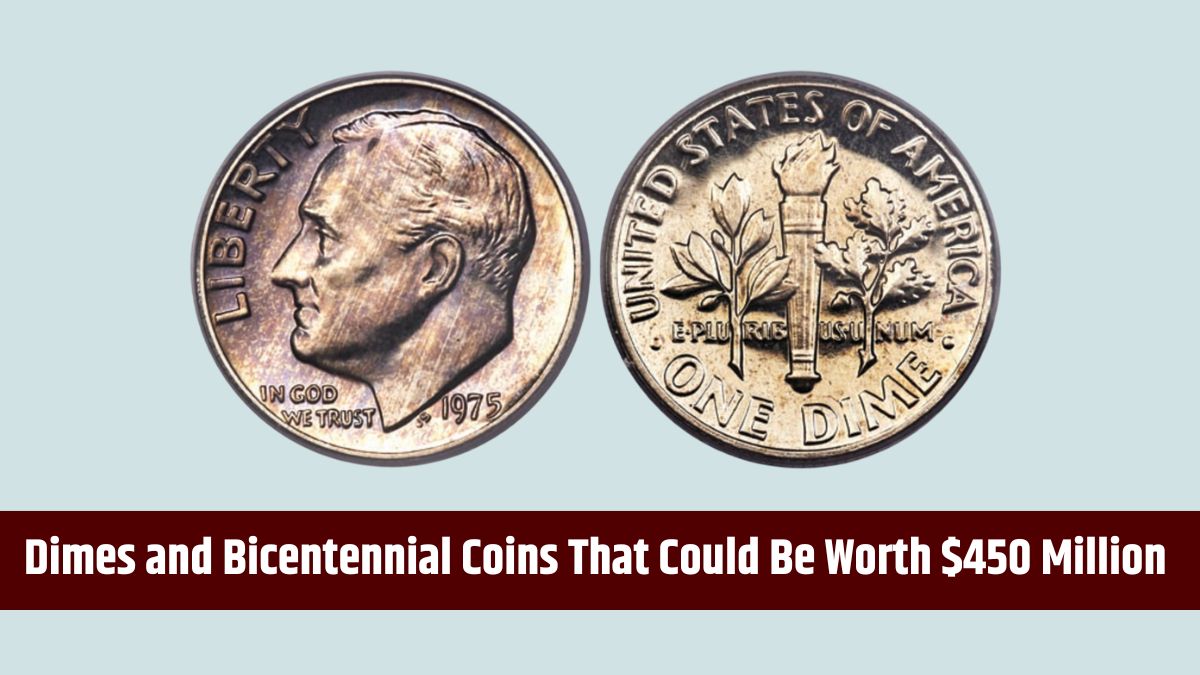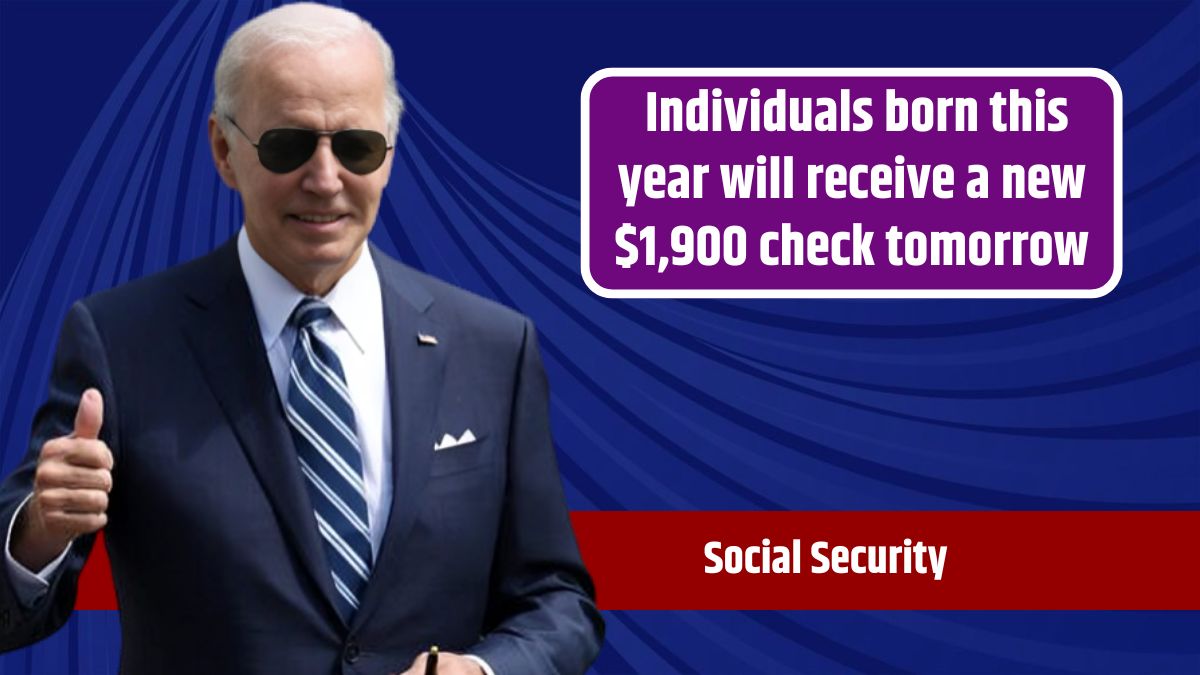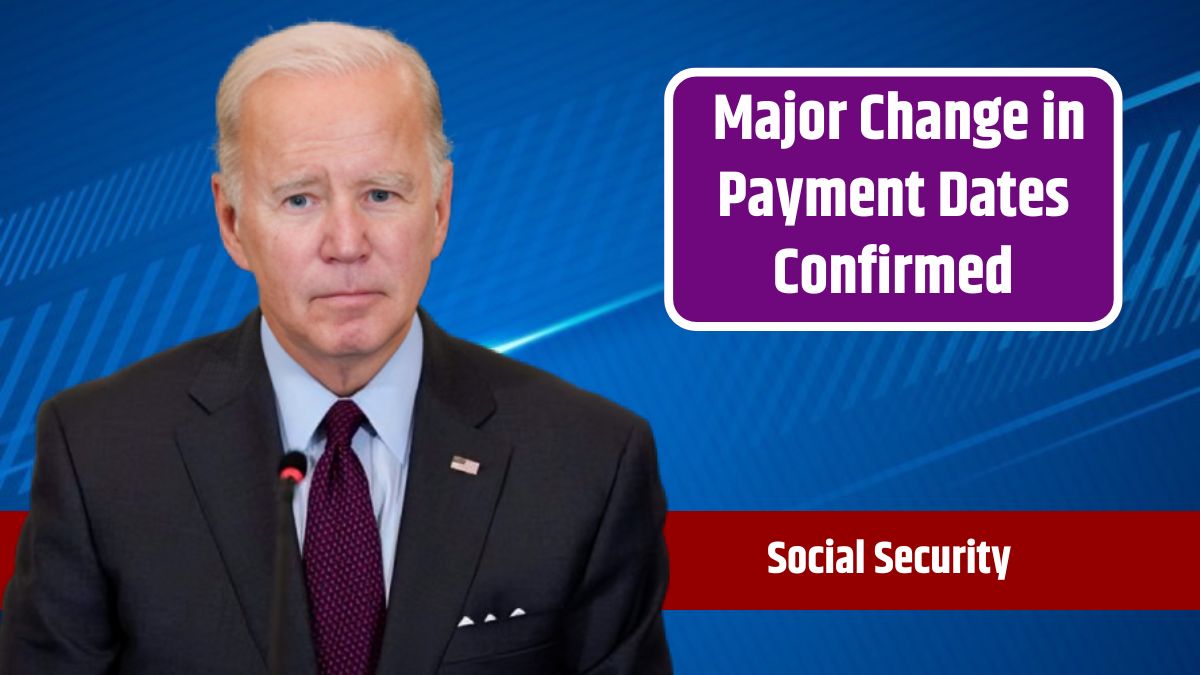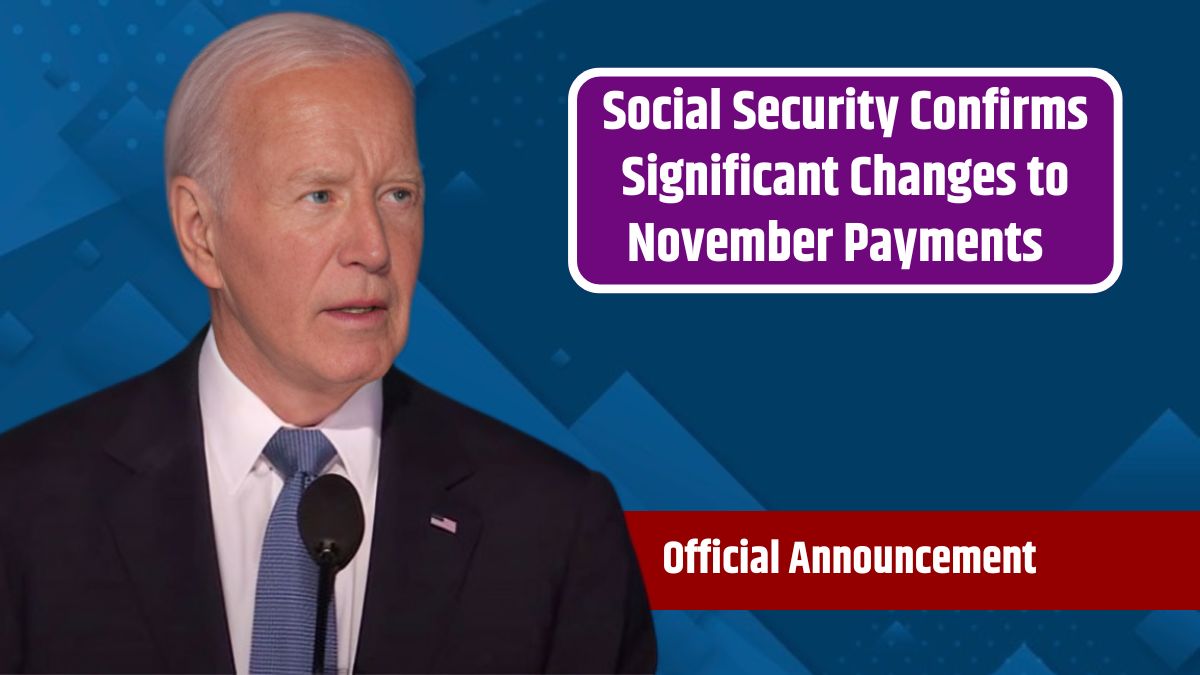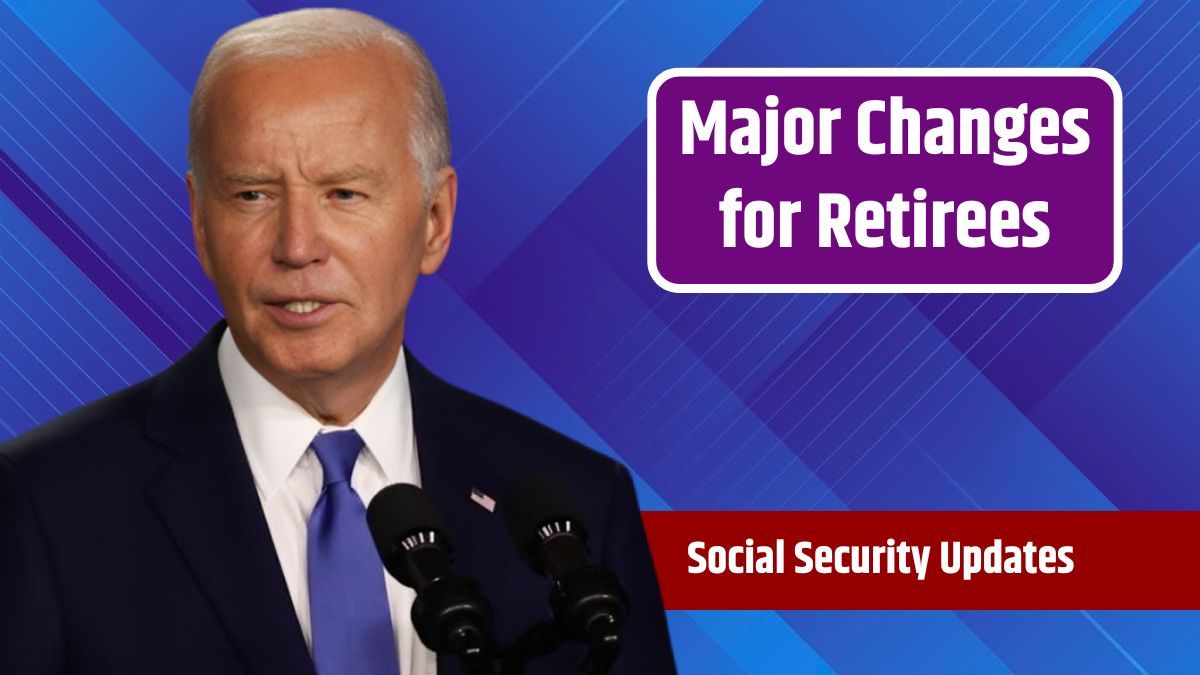The Escalation Depletion Act of 2022, recently passed by Congress and signed into law by President Biden, represents a major step toward reducing carbon emissions and encouraging sustainable energy investments across the United States. This landmark legislation offers a variety of tax credits and rebates designed to make energy-efficient home improvements more affordable for homeowners, ultimately supporting the nation’s broader goals of combating climate change and promoting green energy.
Energy Efficiency Credits
One of the key provisions in the Escalation Depletion Act is the expansion of the Energy Efficient Home Improvement Credit. Previously a part of the Nonbusiness Energy Property Credit, this incentive has been updated to cover 30% of the costs associated with energy-efficient home upgrades. These upgrades include installing home insulation, energy-efficient windows and doors, and high-efficiency heating and cooling systems. By reducing the out-of-pocket expenses for these improvements, the credit aims to encourage homeowners to invest in energy-saving renovations that can significantly lower their utility bills and reduce their carbon footprint.
In addition to the Energy Efficient Home Improvement Credit, the Act also introduces a Home Energy Audit Credit. This credit covers the cost of having a professional energy audit conducted on your home, which provides a detailed assessment of how to make your home more energy-efficient. Specific credit amounts have been set for certain items each year, including $600 for exterior windows and skylights, $2,000 for heat pumps and water heaters, and $150 for home energy audits.
Extended Timeline
These incentives are not short-term. Both the Energy Efficient Home Improvement Credit and the Home Energy Audit Credit have been extended through 2032, giving homeowners ample time to plan and execute energy-efficient upgrades. This long timeline ensures that more homeowners can take advantage of these credits as they look to reduce energy consumption and contribute to environmental sustainability.
Clean Energy Credits
The Act also extends and expands the Residential Clean Energy Credit, formerly known as the Residential Energy Efficient Property Credit. This credit allows homeowners to claim a tax credit for up to 30% of the cost of installing renewable energy systems such as solar panels, wind turbines, geothermal systems, and fuel cells. This credit, too, has been extended through 2034, providing a substantial incentive for homeowners to switch to clean energy sources.
Notably, starting in 2023, the credit also covers battery storage technology with a capacity of at least 3 kilowatt-hours. This addition is significant as it allows homeowners to store excess energy generated by renewable sources, further enhancing the efficiency and reliability of their home energy systems. The 30% credit applies to systems installed between 2022 and 2032, after which it will gradually decrease to 26% in 2033 and 22% in 2034.
Rebate Programs
In addition to tax credits, the Escalation Depletion Act includes two major rebate programs designed to encourage energy efficiency. The HOMES Rebate Program provides up to $8,000 in rebates for homeowners who undertake significant energy-saving renovations. The exact amount depends on the reduction in energy usage achieved and the homeowner’s income level.
Electric Home Rebate Program
The High-Efficiency Electric Home Rebate Program targets low- and moderate-income households, offering up to $10,500 per household to offset the costs of upgrading to energy-efficient electric appliances. Eligible upgrades include electric stoves, heat pumps, water heaters, and heating or cooling systems. This program aims to make these essential energy-saving appliances more accessible to a broader range of homeowners, further supporting the shift towards more sustainable living.
State-Led Initiatives
Wisconsin has become the first state to implement the Home Energy Rebate Program under the guidelines set by the Escalation Depletion Act, offering up to $10,000 to qualifying homeowners. This initiative is likely to inspire similar programs in other states, with nine states, including Kentucky, California, New York, and Washington, currently developing their own versions of the program.
These state-led initiatives will not only help homeowners save on their energy bills and increase property values but will also contribute to the national effort to reduce carbon emissions. As these programs are rolled out across the country, homeowners are encouraged to explore their eligibility and take advantage of these substantial financial incentives.
The Escalation Depletion Act of 2022 marks a significant advancement in the U.S. energy policy, offering homeowners a valuable opportunity to invest in energy efficiency and clean energy technologies. By taking advantage of the available tax credits and rebates, you can not only reduce your energy costs but also play a part in the global effort to combat climate change.
FAQs
What is the Escalation Depletion Act of 2022?
It’s a law that offers tax credits and rebates to promote energy-efficient home improvements.
How long are the energy efficiency credits available?
They are available until the end of 2032.
What does the Residential Clean Energy Credit cover?
It covers 30% of the cost of installing renewable energy systems and battery storage.
How much can I get from the HOMES Rebate Program?
You can receive up to $8,000, depending on your energy savings and income.
Which state first implemented the Home Energy Rebate Program?
Wisconsin is the first state to roll out the program, offering up to $10,000.
